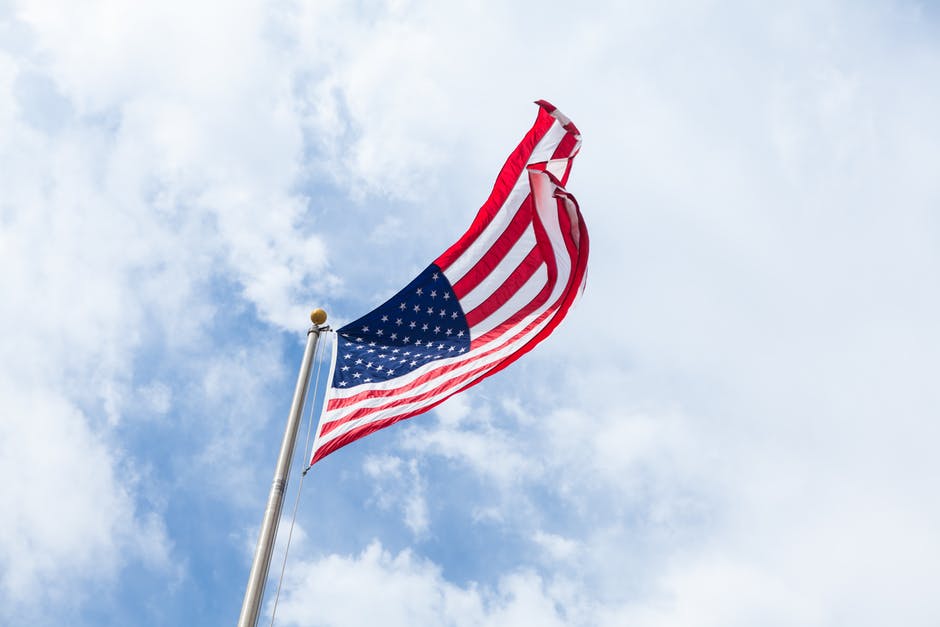O-1 Visas Soar
The O-1 visa is a visa for those who have extraordinary skills in arts, sciences, business, education, or athletics or who have a solid track record of extraordinary performance in the motion picture and television industry and have been identified and acknowledged domestically and internationally for their excellence. It is a popular option for those looking to immigrate to the US because there are no restrictions on the number of visas that can be issued. It seems like an attractive alternative amid tension between the Trump administration and those who oppose the administration’s restrictions on the H-1B visa. Since the H-1B visa is capped at 85,000, many tech companies are turning to the O-1 visa in order to hire necessary STEM workers. With no cap on the number of times the visa can be extended, this visa has benefited numerous companies down the line. The number of 0-1 visas issued over the years has escalated tremendously, and you may qualify for one if you possess an extraordinary ability.
Known as the artists’ visa, the O-1 visa has benefited designers, television producers, and those with skills that have gained them recognition in their respective fields. Artists take advantage of O-1 visas when they take the opportunity to come to the US and perform on Broadway and television, for instance. In fact, around 63% of O-1 visa beneficiaries live throughout New York and California. Below you’ll find information on how to apply for the O-1 visa.
There are four types of O-1 visas:
- O-1A visa: for people who have extraordinary skills in sciences, business, education, or athletics
- O-1B visa: for people with extraordinary skills in the arts or extraordinary achievements in television or the motion picture industry
- O-2 visa: for people who will help an O-1 visa holder carry out his or her intended performance in the United States
- O-3 visa: for the spouse or children of an O-1 or O-2 visa holder
How to Apply for an O-1 Visa
In order to apply for an O-1 visa, an O-1 visa applicant must file a petition form for a non-immigrant worker with the USCIS office in no more than one year before, but at least 45 days prior to, the actual performance or the need for a foreign national to render a service. He or she will also need the following three documents: consultation, contract, and itinerary.
- Consultation: documents of a consultation involve a written opinion from a contemporary group, which may include labor organizations, with competence in the applicant’s area of expertise.
- Contract: the contract between the petitioner and the beneficiary must be submitted. If the agreement is oral, a summary of the terms of the oral agreement may be filed together with the petition form.
- Itinerary: the itinerary will lay down the travel plan, schedule, agenda, timetable, and other programs included in the beneficiary’s travel within the period of stay in the United States. The series of events must be pointing toward the beneficiary’s extraordinary ability.
Applying for this type of visa can be a complex process given that there are multiple steps involved. However, with the help of immigration attorneys, the documentation involved in the O-1 visa process becomes easier to navigate and the chances of acquiring this type of visa improve. An immigration attorney will know whether you need to provide more documentation of your extraordinary ability or whether you need a better consultation to support your case. The O-1 visa is currently filling the gap created by the restrictions on the H-1 B visa, and we would not be surprised to see the number of O-1 visas increase over the next few years.
Do you want to immigrate to the US?
Fill out our FREE online immigration assessment, and we will get back to you within 24 hours.
WE WANT YOUR FEEDBACK!
Do you think you qualify for an O-1 visa?
Comment below, we want to hear your opinion hear your opinion!
Sources:
-
Kably, Lubna. "No H-1B? Get O-1B: Niche US visas for ‘extraordinary’ individuals grow in popularity." The Economic Times. Economic Times, 03 July 2017. Web. 14 July 2017.
-
Campbell, Alexia Fernández. "The Visa for People Officially Deemed 'Extraordinary'." The Atlantic. Atlantic Media Company, 27 July 2016. Web. 14 July 2017.



